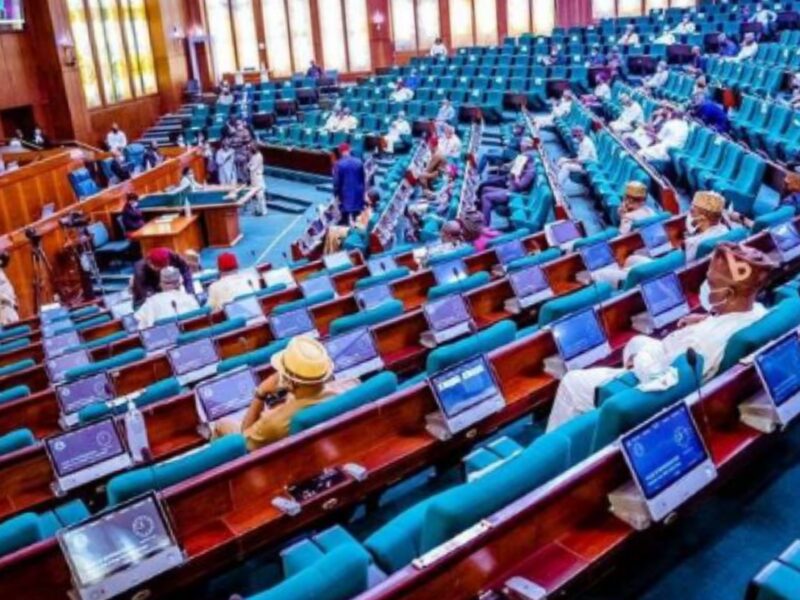The proposed creation of new states has sparked mixed reactions. Supporters argue that it would enhance governance, promote development, and bring government closer to the people. However, critics warn that it could increase administrative costs and place further strain on federal resources.
Abuja, Nigeria – The House of Representatives Committee on the Review of the 1999 Constitution has proposed the creation of 31 additional states across the country, a move that could significantly reshape Nigeria’s political and administrative structure.
If approved, the proposal would increase the number of states from 36 to 67. Deputy Speaker of the House of Representatives, Benjamin Kalu, presented the committee’s recommendation during plenary on Thursday in Abuja.
Breakdown of Proposed States
The proposal aims to address demands for greater representation, economic viability, and regional balance in governance. The recommended states are spread across Nigeria’s six geopolitical zones as follows:
- North Central: Okun, Okura, and Confluence (Kogi); Benue Ala and Apa (Benue); FCT State.
- North East: Amana (Adamawa); Katagum (Bauchi); Savannah (Borno); and Muri (Taraba).
- North West: New Kaduna and Gurara (Kaduna); Tiga and Ari (Kano); Kainji (Kebbi).
- South East: Etiti, Orashi (as the 6th state in the South East), Adada (Enugu), Orlu (Imo), and Aba (Abia).
- South-South: Ogoja (Cross River), Warri (Delta), Ori and Obolo (Rivers).
- South West: Torumbe (Ondo), Ibadan (Oyo), Lagoon (Lagos), Ijebu (Ogun), Oke-Ogun/Ijesha (Oyo/Ogun/Osun).
Legislative Process for State Creation
The proposal must undergo a rigorous constitutional process before becoming law. According to the 1999 Constitution, the following requirements must be met for state creation:
A request supported by at least two-thirds of the legislative representatives from the concerned area.
A referendum in the affected area with at least a two-thirds majority vote in favor.
Approval by a two-thirds majority of the National Assembly.
Endorsement by at least 24 state Houses of Assembly.
Potential Implications
The proposed creation of new states has sparked mixed reactions. Supporters argue that it would enhance governance, promote development, and bring government closer to the people. However, critics warn that it could increase administrative costs and place further strain on federal resources.
If approved, this would mark one of Nigeria’s most significant political restructuring efforts since 1996, when the country last increased its states from 30 to 36. The proposal is expected to generate intense debate in both legislative chambers and public discourse as it moves through the constitutional amendment process.









Join our Channel...